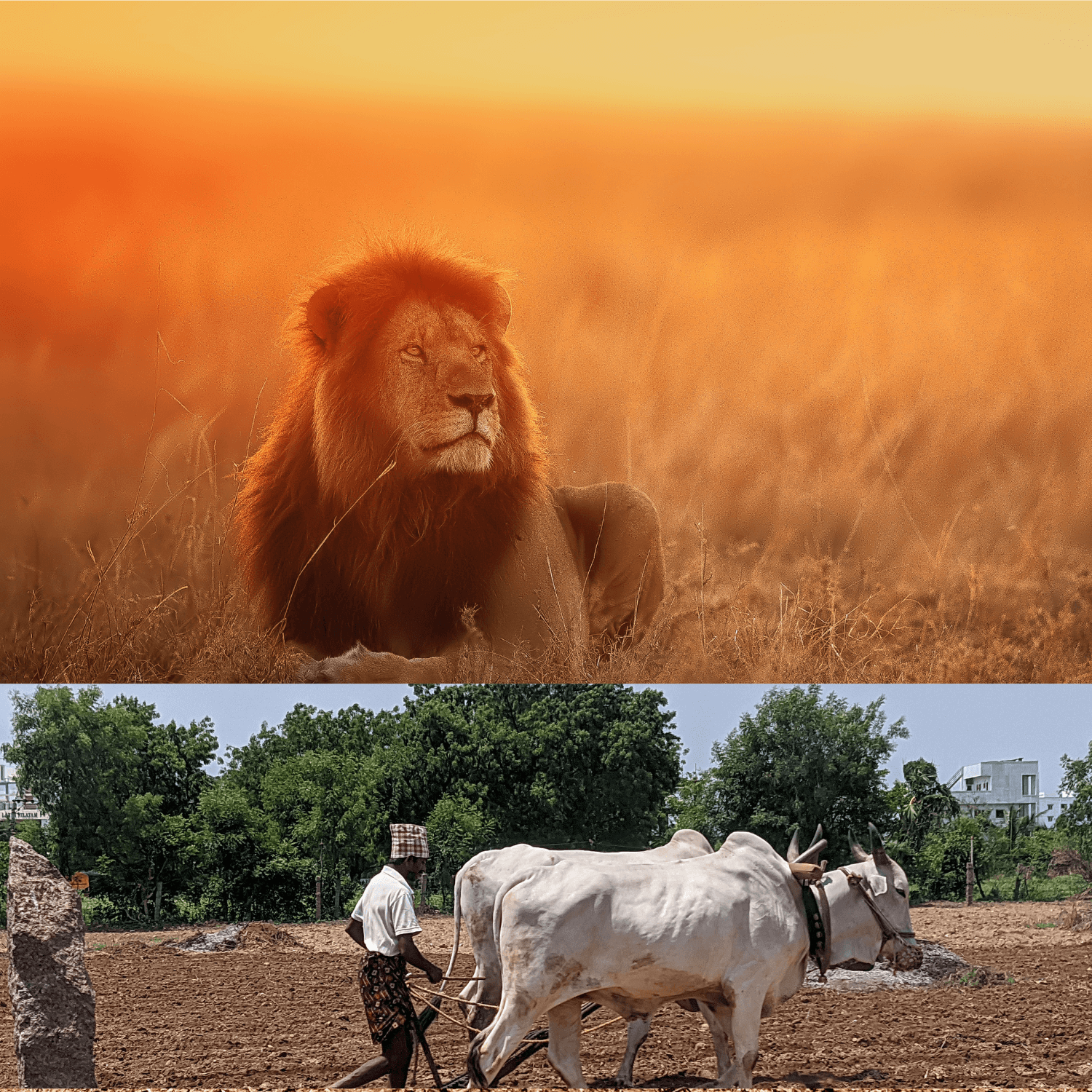Episode 3
I may Be Dreaming, But I'm NOT Sleeping--The Lion and the Ox: Two Modes of Jewish Leadership #3
In episode #2 we discussed how to balance ambition and acceptance.
Accept the reality of today, including the things you don’t love, and by accepting them, you keep them from overwhelming your entire worldview, which in turn allows you to move forward. Acceptant mindfulness has two components: One, the embrace of what there is to love in life, and two, the acceptance of the difficult and painful.
We learned how Joseph was a master of this craft, and how he helped keep things straight for his mother, at the same time, he expanded his fathers mission. We have learned of Joseph as a youngster. We saw what he meant to his parents and got to peek at his potential. But now is the time to see this great tzadik emerge. What happens to us when we leave the cute childhood behind and try to make our dreams come true in the ‘real’ world? How do our childish dreams translate into actionable goals?
The Start of Dreams:
Step one: be present. Being present to the moment gives you the peace of mind to sense the quiet voice of inner power and potential. It is only through an honest, realistic view of our current standing that we can hope and yearn for more. Otherwise our dreams are completely non-realistic. Dreams shouldn’t contradict reality, they should expand reality.
Now we can begin to dream, not as a total fantasy but a dream of expressing our truest essence.
Joseph was a dreamer, so are many, the difference is that his dream of greatness and leadership came to fruition. His dreams are prophetic, yet still require time and process to become actualized. Joseph’s brutally honest appraisal and acceptance of reality led him to a deep, faith-based sense of where he was at the moment and where he needed to go -- this being the basis of true dreams. This then allowed him to dream, to see well beyond the horizon of his present circumstances. In turn, it gave him the courage to face his most trying moments. Because he wasn’t limited by that moment, he saw way beyond it to a better tomorrow.
What are dreams?
Dreams and imagination work through imagery, the polar opposite of purely abstract intellectualization (Moreh Nevuchim 2:73). On a more basic level, thinking with images only, is symptomatic of being enmeshed in the physical world. But Yosef is able to show that even here on this earthly land of dreams, if the earthly is fully aligned with the spiritual, there is pure, unadulterated, spiritual truth. Dreams are imaginative, the furthest possible from reality, and yet for Yosef, dreams represent the truth, and he is able to carry the emes to the farthest places, most distant from the Source –Hashem.
Kabalistically, Yosef represents the attribute of Yesod, which connects heaven and earth. Yosef the dreamer stands at the border of freewill/malchut and divine knowledge/higher realms: Creativity Vs. Structure. Acceptance Vs. ‘pushing forward’. This is the tightrope that Joseph walks.
Yosef has the potential for perfect alignment, he can realize the Will of Hashem by his own self development without there be any contradiction between his will and that of his Creator. His free will and the realm beyond it meet in his dreams. He can realize the deepest Will that originates from far beyond self, with the daily building blocks of exercising his own power.
What it has to do with us.
Rav Tzadok Hakohen writes that we each have a dream, a secret yearning to be a king or queen. This isn’t a result of visiting Buckingham, but an expression of a yearning that has roots deep within our psyche. You see, our soul, our deeper self, is rooted beyond the superficial reality.
The dreamer faces two major challenges. One, uncovering our inner essence which is deeply veiled by the busyness of life, and muffled by the incessant chatter of the ego. Two, even when we get a glimpse of our inner essence, when we hear the faint sounds of our soul, we have little idea how to translate it to the ‘real’ world. We briefly have a dim sense of a vision, sighting on the horizon a mission for which we are uniquely suited. But we are filled with doubt, asking, “how do we get from here to there? Do I have what it takes?”
Worse yet, the vision at this point is a dim one, we have a niggling sense, but not the clarity that allows us to easily translate the dream to reality.
Like Joseph we must be relentless. Half hearted efforts will not do. We’ve seen the vision, now we have to pursue it. Yes, we will stumble about as we try and put our dreams into practice. But as we get up from each fall, we are one step closer, and the vision one degree sharper.
John Keats wrote that self-negation precedes creativity. However, dreams teach us that we don’t need to negate self to transcend. We already are transcendent; we just need to uncover our inner essence and unleash our inner power.
The dreamer Interacting with others
The beauty and the flaws require tweaking, as the future leader can dream of the future, but can’t see it, and as a result they have a hard time selling it to others. Drucker, the leader’s job is to define reality. At first, they are somewhat awkward in asserting their authority. In addition, not everyone appreciates a reminder of ‘reality’, or of what could be. His brothers were none too pleased that he brought their weaknesses to their father Jocob’s attention. Commentators point out that Joseph's negative reports to his father were a deficiency in his greatest strength – being able to see, with faith, how today translates into tomorrow. The urgency he felt to do something about the weaknesses he perceived in his brothers bespoke an immaturity in the strength that would come to define Joseph.
This teaches us a fundamental truth, it is in areas of our greatest potential that we meet our greatest challenges.
Facing Opposition.
The brother’s interpretation defines the dream’s outcome (R’ Bachya), as a dream generally follows its interpretation. Our dreams may seem like their subject to the approval of others, and their interest in putting us in the right place to be able to make our mark. But that isn’t truly the case. Yosef’s dreams came true, despite and indeed because of the opposition he faced. In fact, it was the opposition, included attempted murder, that drove his dreams forward to fruition.
Back to acceptance: Accepting setbacks on the road to fulfill our dreams. en route to Egypt, Yosef finds succor in the sweet-smelling spices. He was calm enough to see the silver lining.

